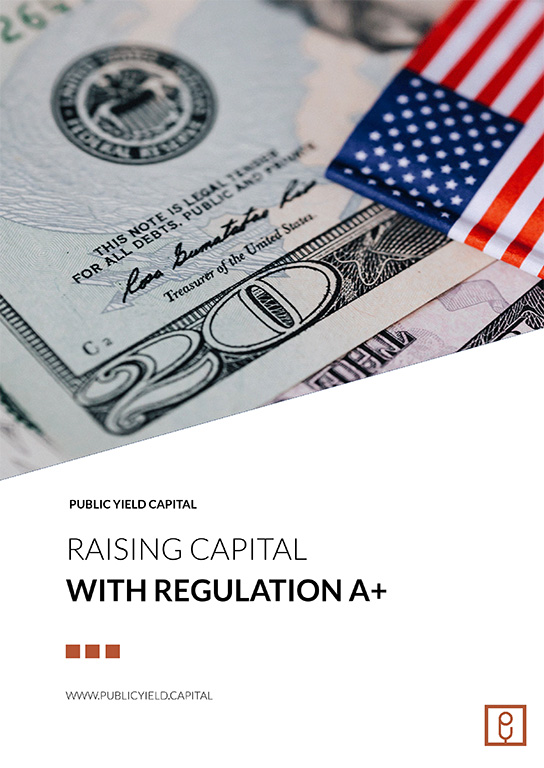
Personal investments, Crowdfunding, Equity Crowdfunding, Series A, Angel Investing—when you’re trying to get a new business up and running, there are a ton of options for generating startup capital. The thing about having so many options is that figuring out which one is right for your situation can be a little overwhelming. Let’s take a look at one of 4 major sources of startup capital available to aspiring entrepreneurs.
Equity Crowdfunding

Equity Crowdfunding: all the things you love about crowdfunding, but bigger! Bigger raises, bigger companies, bigger risks, yes, but also bigger rewards.
First things first about equity crowdfunding: it’s highly regulated. If crowdfunding is the wild west, equity crowdfunding is the wild west after the law rolled in and started doing their best to gun down all the outlaws.
Equity Crowdfunding, and Regulation A+ specifically, exists thanks to the JOBS Act, which was passed into law by President Obama in 2012. The JOBS Act created an exemption to SEC regulations, allowing private companies to raise capital from public, non-accredited investors in exchange for shares of the private company. Imagine Kickstarter, but where your investment doesn’t just get you a pair of Buddhist singing bowl shot glasses—guaranteed to help both you and your chakras open up—you also become a shareholder in the company that makes Buddhist singing bowl shot glasses.
That’s the dream.

For investors, the coles notes are that when you win big investing in pre-IPO companies, you can win BIG. Imagine getting into Tesla, or Uber, or any of these now ubiquitous companies when they were just getting started. Thinking about it is intoxicating, like buying a lottery ticket, or booking a spontaneous weekend in Vegas and bringing a bunch of cash with you because you’ve “given yourself a limit,” and you’re “gonna be responsible.”
But, when you invest in startup or early-stage companies, you’re taking a risk. The company might not get off the ground. Their raise might fail. They could fall apart internally. They could take the money, pivot their business plan completely, and leave you with an investment in a company that makes Buddhist singing bowl shot glasses, which, in the cold light of day, seems like a way worse idea than it did at the bar the night before.
So, it’s a real risk-reward ratio for investors. But, the same can be said for many early-stage companies who are pursuing equity crowdfunding to source their startup capital. The competition is fierce, the process is long and expensive, and there’s no guarantee for success. For every Tesla there’s, well, a hundred not-Teslas.


The big thing that equity crowdfunding offers investors is an opportunity to bet on companies that they believe in, whether it’s because they’re offering a product that fits a specific need, or their corporate-social responsibility values align with the investor’s, or maybe just because they’ve got a good feeling. The best advice for early-stage looking to source startup capital through equity crowdfunding is:
- Know Who You Are—knowing your company’s story can go a long way to connecting with individual investors. No one starts a company by accident, don’t be afraid to tell that story
- Have all your ducks in a row—Regulation A+ is expensive and takes time. There are legal, financial, SEC, and other aspects that all take time and money. Make sure that the time spent in the process isn’t wasted
- Heat check the market—Testing the Waters (TTW) is a chance at a dry run with investors, to get an idea of the demand for your company. Take the chance.
Raising capital across North America has never been easier, you just need to know how! Contact us to start spreading the word about your offering and disseminate it across both Canada and the U.S



